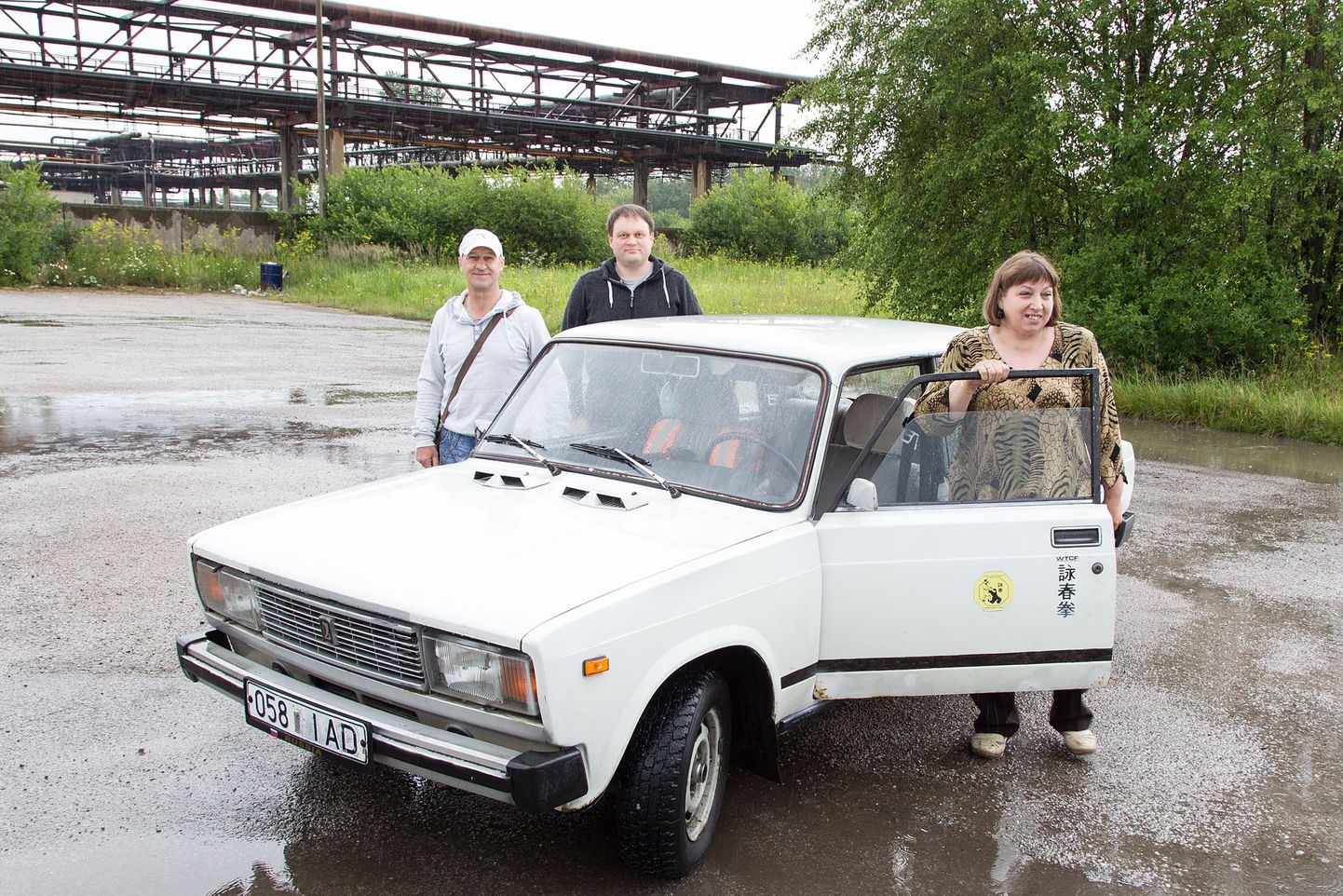«Over here life did not get better after independence of Estonia,» says Jevgeni Solovjov (41).
«The industry is languishing. When we had the mines, the large enterprises, there were events organised, competitions, life was interesting, but as these started to be closed down, there are no more events, you just walk to the grocery store and back, and the town is like dead in the evenings, actually during the day too,» describes Sergei Trjassorukov (55).
Julia Leontjeva (46) tries to calm the guys down: «There have been the bright moments also.»
Ljubov Sitnikova (56) would also argue with the boys: «They built Kohtla-Järve this nice kids park, with merry-go-rounds and everything.»
Friday afternoon, downtown Kohtla-Järve is quiet. A couple of bars in the centre are in preparations for reception in the evening, a few teenagers chill out on the renewed playground. At the edge of town, a large mall is closed down, but the one across the street is open while the car park has plenty of spots to spare.
In the afternoon, in the modest but nicely renovated Stalinist-style VKG headquarters, we meet with four people who worked at Nitrofert for decades or begun the career there.
Fertilisers from very beginning
Every weekday morning since 1979, Ljubov Sitnikova (56) has taken the trip to work at what is now called Nitrofert, once under supervision of Slantsõ-Him in Leningrad Oblast. I36 years in a row, with a three-month pause in 2002 when Ljubov was first laid off as the work at the factory halted.

